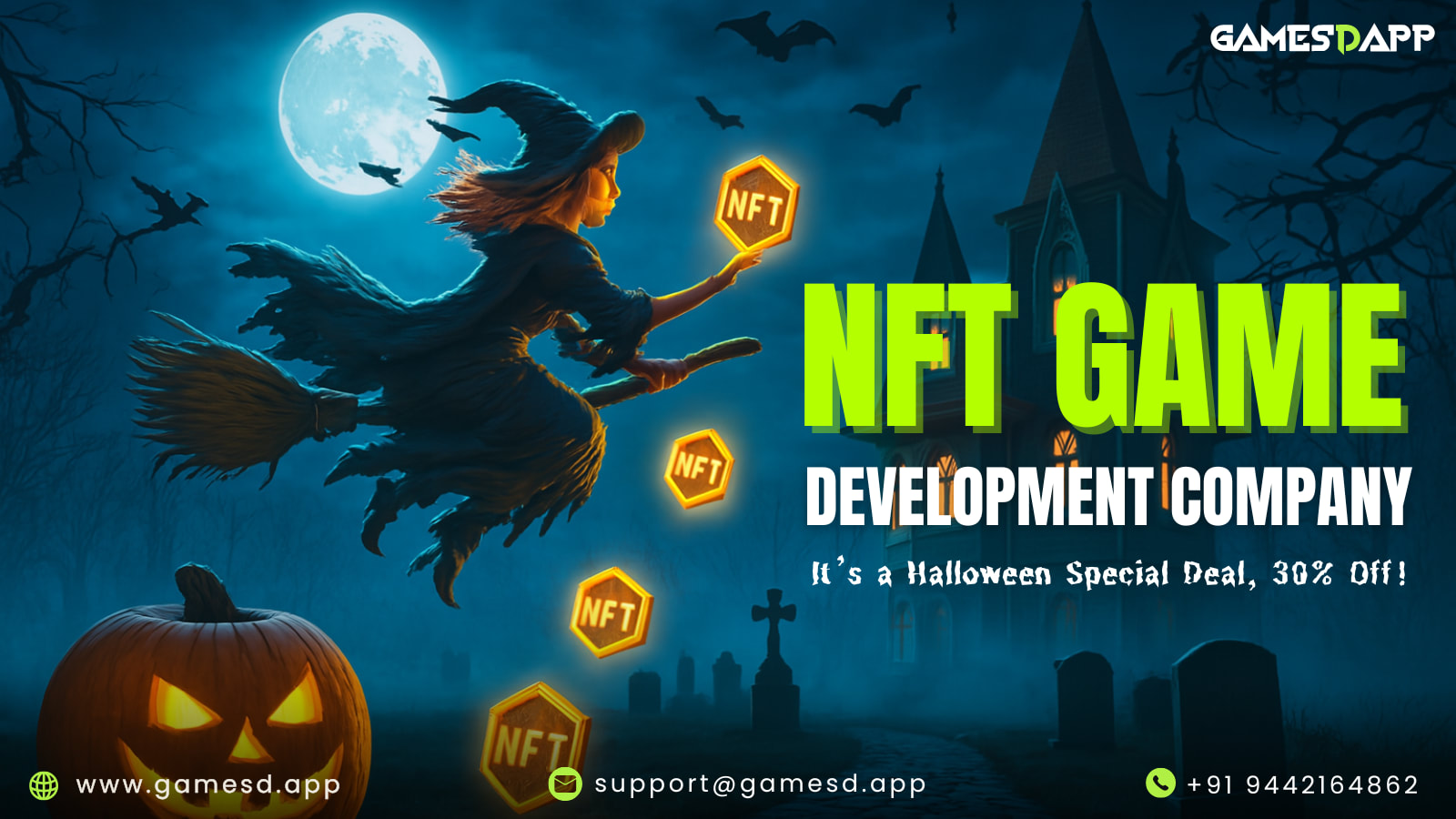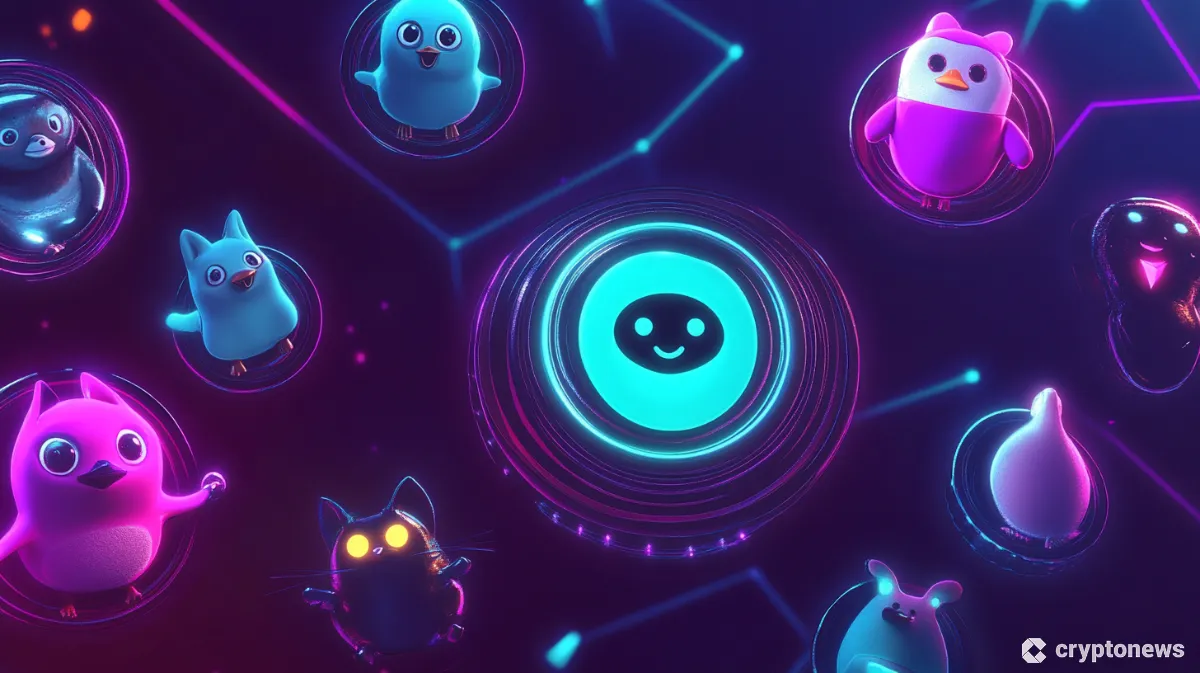Oracles play an important role in the Web3 ecosystem by enabling the connection between blockchain smart contracts and external data sources.
This link enables smart contracts to incorporate real-world data such as financial information, weather forecasts and other events outside the blockchain. This is extremely important for decentralized applications (dApps) that function properly and autonomously.
The role of oracles in Web3
Oracles function in the Web3 ecosystem is essential as they establish a connection between blockchain smart contracts and external data sources. Oracles are needed for smart contracts to access real-world data, which is essential for fully operating decentralized applications (dApps).
Oracles collect data from external sources such as APIs and data feeds, validate its accuracy and transmit it to the blockchain. This guarantees that smart contracts get reliable and up-to-date data that is essential for functioning. Within DeFi, for example, oracles play a crucial role by providing price data for trading and lending activities.
Insurance companies provide weather event data to determine compensation. Within the supply chain management field, items’ status is regularly updated.
Trusted oracles are crucial as smart contracts autonomously perform actions based on the information they receive. Inaccurate data can result in errors and financial losses. Oracles must therefore prioritize ensuring security, decentralization and correctness.
Pyth network
Pyth network is a blockchain oracle protocol that improves data precision by enabling market players to publish price information directly on the blockchain. The process consists of three primary elements:
Data sources.
Pyth’s on-chain oracle software.
The programs that use the price information.
Pyth’s Oracle software receives price information from many data sources, including more than 100 prominent exchanges and market makers. The use of many sources guarantees the data’s accuracy and reliability. The Oracle software consolidates this data and generates a unified price and a confidence interval to represent the level of reliability.
Applications can get this consolidated price data instantly, essential for their functioning. Pyth allows users to retrieve prices and store them on the blockchain, making them publicly accessible.
Pyth Network facilitates the connection of owners of market data and applications on more than 55 blockchains. It has gained the trust of more than 350 protocols. The platform provides up-to-the-minute price updates for more than 500 assets, including US stocks, commodities and cryptocurrencies, across various blockchain ecosystems, such as Solana, Ethereum, BNB, and others.
Pyth’s key offerings are price feeds, which are updated regularly, guaranteeing real-time and accurate data. It has been widely adopted and integrated into more than 50 blockchain ecosystems, where it has a large market share.
Chain link
Chain link is widely recognized as the leading oracle solution in the industry. It is known for its strong technological capabilities, widespread adoption and ability to facilitate the integration of blockchain smart contracts with real-world data. Since 2017, it has been developing decentralized oracle networks to securely transfer off-chain data to the blockchain.
Chainlink uses a variety of autonomous data sources to ensure the accuracy and reliability of information, while mitigating the potential for failures and tampering. The system’s design has a consensus procedure in which nodes retrieve and verify data that is strengthened by cryptographic evidence to improve security.
Chainlink is widely used in the decentralized finance (DeFi) ecosystem to provide important information such as price feeds and interest rates. This technology’s ability to work with different blockchains and continuous advancements, such as hybrid smart contracts, allow for the development of complex applications. The dynamic Chainlink community and node operators provide both scalability and data integrity.
Chainlink 2.0 aims to optimize performance by using more scalable and economical solutions. Chainlink is the leading oracle system that connects blockchain smart contracts with real data for decentralized applications. Its main strengths lie in decentralization, security, integrations and commitment to continuous innovation.
Flare Network
Flare Network combines smart contract technology with oracle functionality, incorporating both capabilities seamlessly into its blockchain. This innovative method guarantees that decentralized applications (dApps) can get the best, up-to-date information, improving their efficiency and capabilities.
Flare’s validators acquire and verify external data, ensuring the network’s integrity and reliability. They are rewarded for providing precise data, which is effortlessly accessible to smart contracts.
The Flare Time Series Oracle (FTSO) manages time-sensitive data, which is essential for applications such as financial trading that depend on real-time information. This data is provided free of charge to network programs, reducing any extra expenses associated with accessing it.
The Flare Data Connector connects the network and external data sources, such as blockchains and web services. This link allows for the integration of various data, such as event confirmations and transaction information, enabling the creation of complex and adaptable smart contracts.
Flare Network enhances the functionality of smart contracts and the ability to access data, enabling a diverse array of decentralized applications (dApps) to have precise and timely information. Flare’s comprehensive strategy positions it as a prominent player in the oracle industry, creating a conducive atmosphere for the growth and success of decentralized applications (dApps).
Narrator
Narrator uses a decentralized approach to data provision by involving the community to guarantee the accuracy and reliability of the data. Tellor uses a decentralized approach using a network of people who contribute and verify data, resulting in a transparent environment.
Tellor’s incentive framework promotes and rewards active engagement. Miners compete to provide data by solving proof-of-work tasks, guaranteeing fast and precise contributions. Next, other network users verify the accuracy of this data, introducing a layer of peer review to ensure its integrity.
A dispute resolution process allows community members to challenge the integrity of data. In the event of a disagreement, Tellor holders participate in a voting process to determine the accuracy of the disputed information. This allows for the use of the holders’ collective knowledge and judgment to maintain trust. This approach guarantees data visibility and enables quick correction of errors.
Tellor’s decentralized methodology spreads data tasks across multiple individuals, mitigating the vulnerability of central points of failure and increasing the difficulty of data manipulation. The community-driven architecture promotes openness and accountability by ensuring that all transactions are readily observable on the blockchain.
Looking forward
The future of Web3 oracles will see significant advancements as blockchain technology seamlessly integrates with real-world data. Hybrid smart contracts will integrate on-chain code with off-chain data, facilitating the development of more complex decentralized applications (dApps).
The use of cryptographic evidence and sophisticated consensus procedures will strengthen data security and accuracy. Additionally, decentralized oracle networks will increase resilience by reducing reliance on singular data sources.
Oracles will enable multi-chain and cross-chain functionalities, enabling smooth data transfer and usage across different blockchains for enhanced application versatility. Machine learning and artificial intelligence will improve the processing and interpretation of data, providing advanced insights and predictive skills.
The implementation of decentralized governance will guarantee that oracle networks align with users’ interests, improving transparency and fostering trust. These developments will improve the usability, security and adaptability of Web3 oracles, driving innovation in the blockchain industry. Developers must choose the appropriate oracle to use these developments effectively in their applications.
Disclaimer for Uncirculars, with a Touch of Personality:
While we love diving into the exciting world of crypto here at Uncirculars, remember that this post, and all our content, is purely for your information and exploration. Think of it as your crypto compass, pointing you in the right direction to do your own research and make informed decisions.
No legal, tax, investment, or financial advice should be inferred from these pixels. We’re not fortune tellers or stockbrokers, just passionate crypto enthusiasts sharing our knowledge.
And just like that rollercoaster ride in your favorite DeFi protocol, past performance isn’t a guarantee of future thrills. The value of crypto assets can be as unpredictable as a moon landing, so buckle up and do your due diligence before taking the plunge.
Ultimately, any crypto adventure you embark on is yours alone. We’re just happy to be your crypto companion, cheering you on from the sidelines (and maybe sharing some snacks along the way). So research, explore, and remember, with a little knowledge and a lot of curiosity, you can navigate the crypto cosmos like a pro!
UnCirculars – Cutting through the noise, delivering unbiased crypto news







